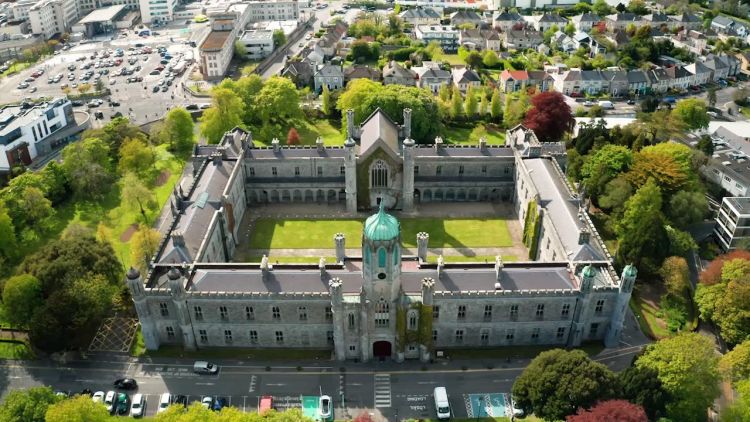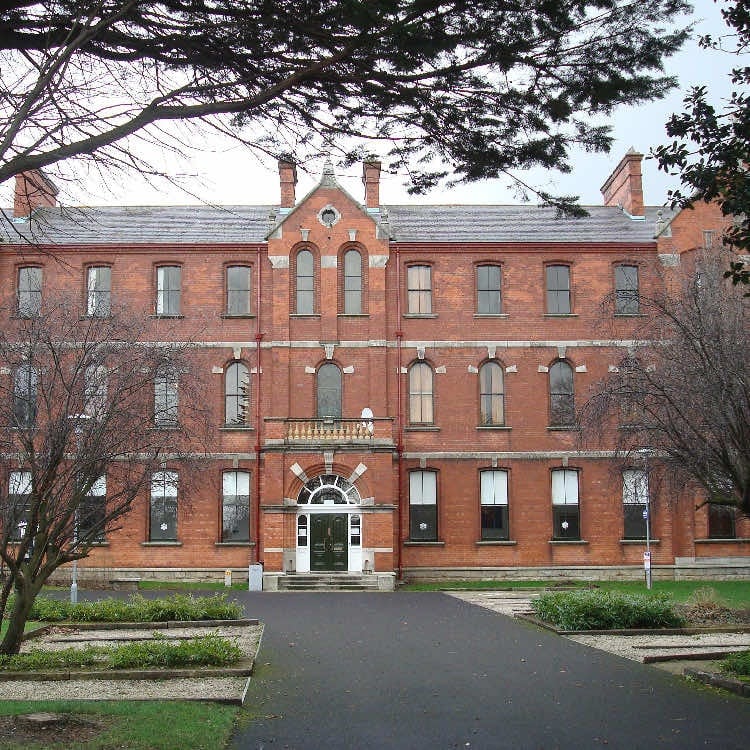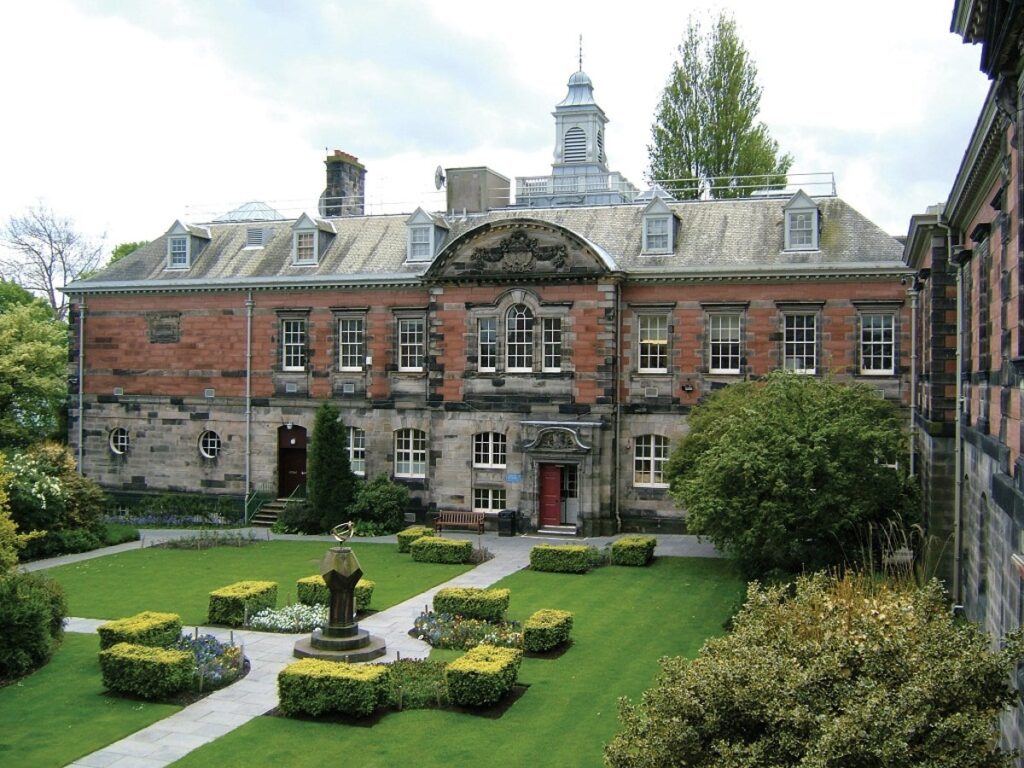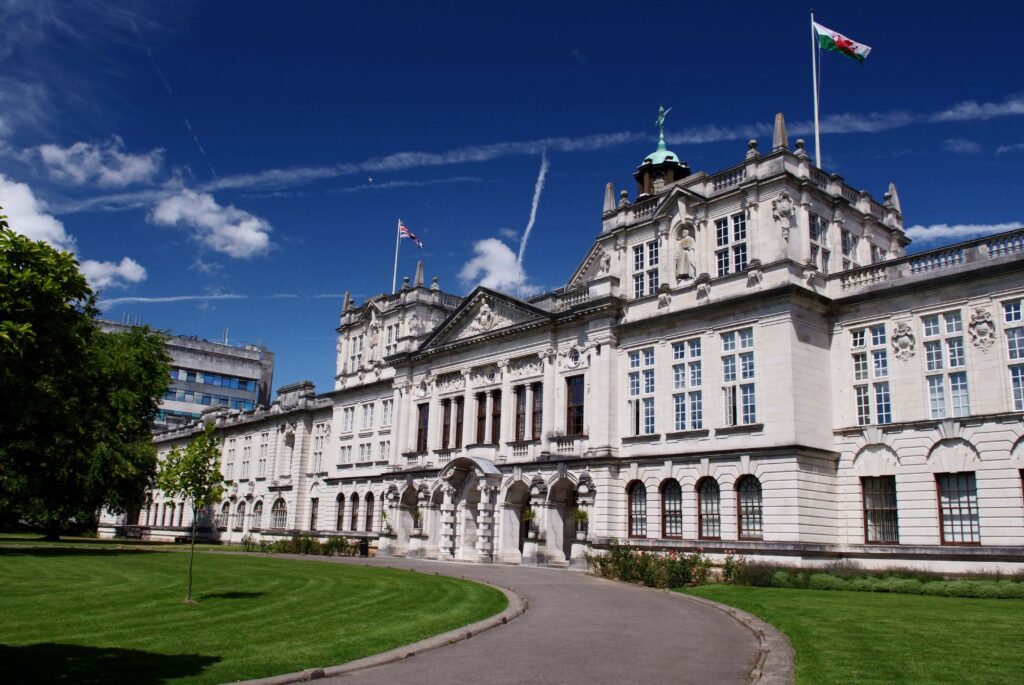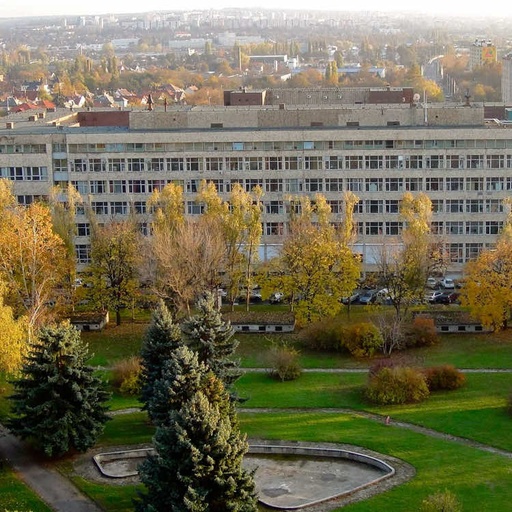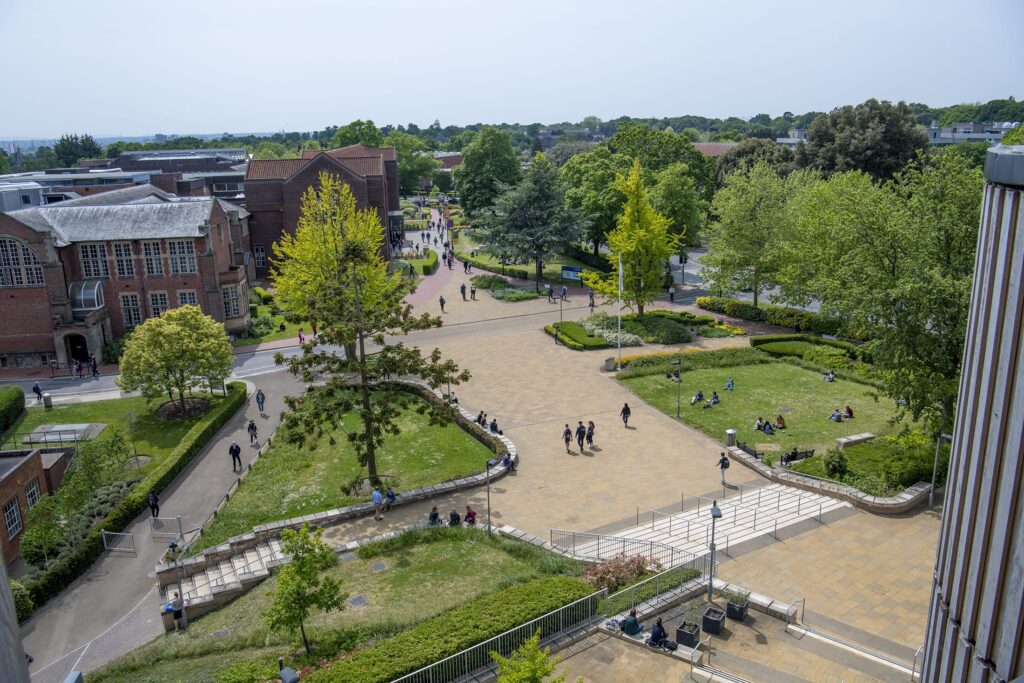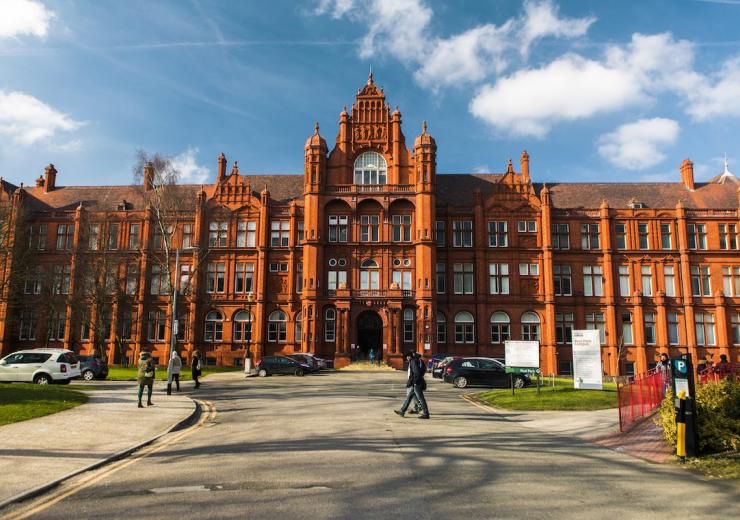All Geography
Geography at an undergraduate level and beyond has little in common with how it’s taught at school. Where stuff is located is the least important factor studied, nor will you get any points for being able to name state capitals.Generally speaking, there are two kinds of bachelor’s degrees in geography: B.A. and B.Sc. The former emphasizes human geography, namely the economic, historical, cultural, and social aspects of populations and how they are distributed. A bachelor of science will focus on physical geography, including hydrology, ecology, and oceanography.Naturally, there is a great deal of overlap between the two. Terrain features like rivers and mountain ranges affect human migration and settlement, while – especially in modern times – human activity can alter the natural landscape. It’s a good idea to review your chosen university’s curriculum carefully to make sure its subject selection aligns with your interests and eventual career plans. A B.A. geography course at a European university, for instance, is likely to have a completely different emphasis than one presented in a North American context.The vast majority of geography courses include a significant fieldwork component, perhaps even including international travel. Depending on your specialization, you may also have to pursue a highly interdisciplinary course of study. Economics, sociology, atmospheric science, and biology are just a few of the subjects that pair well with geography.

